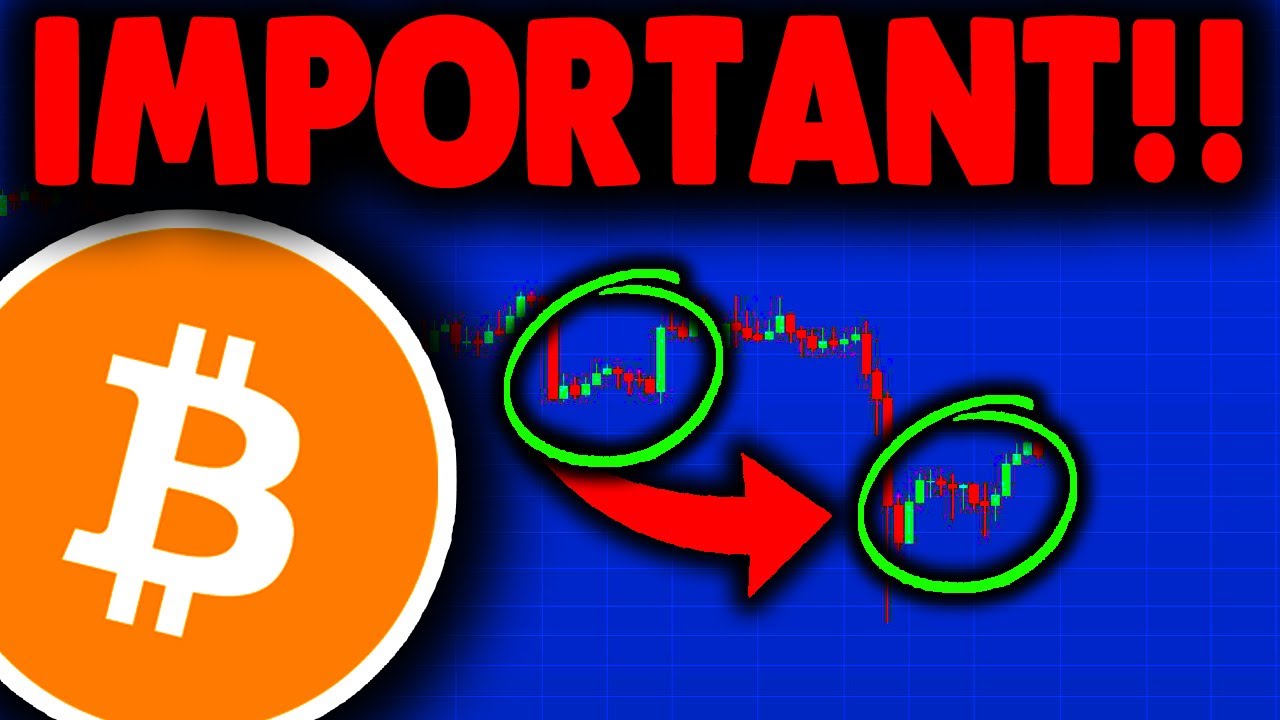Final week, a WeChat put up published by the Shanghai Fengxian Courtroom started circulating in crypto circles almost about its current ruling on a automobile sale in Might 2019 made utilizing digital foreign money. On the time, the client, recognized solely as Mr. Huang, signed a gross sales contract to buy a 2019 Audi AL6 for CNY 409,800 ($59.477) in change for the consideration of 1,281 Unihash (UNIH) tokens with an undisclosed automobile dealership in Shanghai. Per the unique contract, the vendor was to ship the automobile to Huang inside three months’ time.
In accordance with the Shanghai Fengxian Courtroom, Mr. Huang paid 1,281 UNIH on the date of the contract signing however didn’t obtain the automobile inside the specified length nor afterwards. In consequence, Mr. Huang took the vendor to courtroom, demanding the supply of the car and the fee of 0.66% each day curiosity of the transaction quantity in damages for on a regular basis that the automobile went undelivered past the unique deadline.
The case took over three years earlier than a verdict was reached this June. Citing rules in September 2017 that advanced into what is understood now as China’s cryptocurrency ban, the Shanghai Fengxian Courtroom mentioned that digital belongings “can not and shouldn’t be used as a foreign money for circulation within the markets,” and that using digital tokens reminiscent of UNIH in lieu of fiat cash as consideration in on a regular basis contracts was in breach of respective regulation that overrides such contracts themselves. Subsequently, the gross sales contract was dominated to be null and void. The client was neither granted damages, supply of the automobile, nor a refund of his 1,281 UNIH.
It is unclear as to how the vendor agreed to a conversion charge of 1 UNIH = CNY 320 as stipulated within the unique contract within the first place. Unihash was supposedly a digital fee token developed for e-commerce in 2018 and was solely out there to non-public buyers with no public preliminary coin providing. Shortly after its launch, allegations shortly surfaced on Chinese language social media that labeled the venture to be a “rip-off” and that its token metrics, in addition to firm historical past, had allegedly been grossly inflated to solicit buyers.
At present, the venture seems to be deserted with no hyperlink to socials, no market itemizing, and no additional growth exercise. Furthermore, the agency behind UNIH didn’t accomplish any of its targets listed in its unique whitepaper. One such promise made to buyers within the doc included: “What could be sure is that the Unihash token can seem on a number of exchanges by This fall 2019.”









